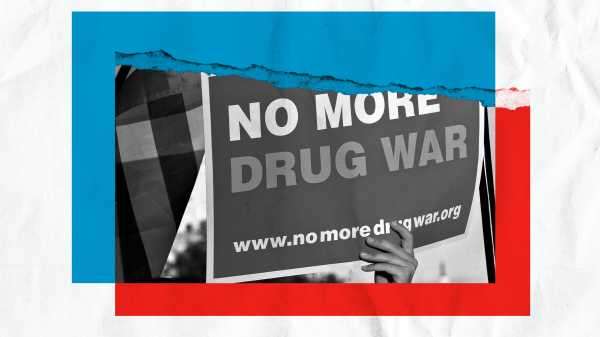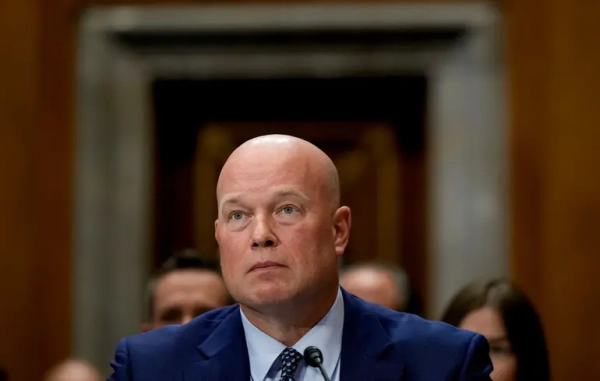
Oregon may take a big first step toward ending the war on drugs this November, with voters deciding whether the state will decriminalize all drugs — including cocaine and heroin — through the ballot initiative Measure 110.
Beyond decriminalizing all drugs, the measure would take savings from enforcement reductions and combine them with sales tax revenue from marijuana, which is currently legal in the state, in order to fund a new drug addiction treatment and recovery program. Essentially, Measure 110 is an attempt to replace the criminal justice approach for drugs with a public health one.
It’s important to note that decriminalization is very different from legalization. In general, decriminalization means the removal of criminal penalties — particularly prison time — for the possession and use of a drug, but not the legalization of sales. So people wouldn’t get arrested for having small amounts of heroin or cocaine on them, but don’t expect stores legally selling either substance to pop up.
Supporters of decriminalization argue that drug misuse and addiction are public health issues, not problems for the criminal justice system. They claim that criminal prohibition leads to hundreds of thousands of unnecessary, racially biased arrests each year in the US — a costly endeavor, straining police resources and contributing to mass incarceration, that does little to actually help people with addictions. Instead, they advocate for resources to be put toward education, treatment, and harm reduction services. Meanwhile, other laws remain on the books to deal with any crime or violence that arises due to drugs.
Opponents argue that decriminalization would remove a powerful deterrent to trying and using drugs, potentially fueling more drug use and addiction. They claim criminal penalties attached to drug possession can also be leveraged — through, say, drug courts — to push people into addiction treatment they otherwise wouldn’t accept. And to the extent there are racial disparities in such arrests, they argue that’s a problem with bias in law enforcement and systemic racism across American society in general, not necessarily a result of drug prohibition itself.
Some critics separately question if the ballot initiative would really direct sufficient funding to addiction treatment. The campaign behind the measure claims, citing state analyses, that it would effectively quadruple state funding to recovery services in particular.
Oregon would be the first state to decriminalize all drugs. To date, the most aggressive steps that states have taken to scale back the war on drugs are to legalize marijuana and defelonize all drugs, which can still leave criminal penalties like jail or prison time in place. But actual drug decriminalization is untried in the US.
Still, Oregon wouldn’t be the first place to decriminalize drugs. Portugal did so in 2001, earning a lot of continued media coverage (including at Vox). The effects seem, on net, positive: Coupled with boosts to drug addiction treatment and harm reduction services, decriminalization seemed to lead to more lifetime drug use overall but less problematic use.
Such an approach could have different results in the US. Supporters are hoping that voters in Oregon will at least be willing to give it a try. If voters embrace the approach, and it works, prohibition opponents could use Oregon to make a case for scaling back the war on drugs more broadly — similar to the approach they’ve taken with marijuana policies.
Oregon Measure 110
A yes vote on Measure 110 would decriminalize all drugs, including cocaine and heroin, and redirect the savings — along with sales tax revenue from marijuana, which is currently legal in the state — to setting up a drug addiction treatment and recovery program.
A no vote would mean no changes to drug enforcement in the state.
Will you help keep Vox free for all?
The United States is in the middle of one of the most consequential presidential elections of our lifetimes. It’s essential that all Americans are able to access clear, concise information on what the outcome of the election could mean for their lives, and the lives of their families and communities. That is our mission at Vox. But our distinctive brand of explanatory journalism takes resources. Even when the economy and the news advertising market recovers, your support will be a critical part of sustaining our resource-intensive work. If you have already contributed, thank you. If you haven’t, please consider helping everyone understand this presidential election: Contribute today from as little as $3.
Sourse: vox.com






